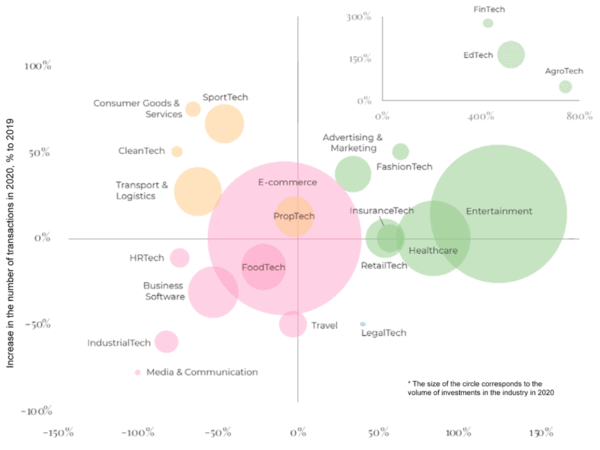Resistant AI is a company dedicated to using artificial intelligence to fight financial fraud. They provide solutions that help financial institutions quickly verify document authenticity and enhance transaction monitoring systems to detect fraud and AML risks. In the following article we dive deeper into their offering with their Product Marketing Director, Joe Lemonnier.

Joe Lemonnier
Product Marketing Director, ResistantAI
Can you briefly introduce Resistant AI: why did you decide to start the company and what role did the research background of the founders play?
Resistant AI was born out of a simple premise: as financial services adopt automation and AI to scale their businesses, so would fraudsters and financial criminals. After 16 years of using AI to fight cybercriminals in network security, we recognized that attackers would eventually bypass traditional security systems and target the automated processes themselves – essentially manipulating the automations to gain access. It was obvious to us that these systems needed a new kind of protection, and that the only way to fight off bad AI was with good AI. Paypal’s announcement that 4.5 million of their accounts were fake and created to take advantage of their promotional schemes has, regrettably, proven our assumptions correct.
What is your core product offering? Can you share an example of the most successful implementation of your software?
We have two main offerings, tackling different parts of the customer journey. The first one is called Resistant Documents and scans any document from anywhere in the world for fraud and authenticity in seconds – even in documents we’ve never seen before. We help onboarding and underwriting teams make faster and more confident decisions by giving them “bionic eyes” to spot fraud the human eye can’t see in bank statements, pay stubs, incorporation certificates, invoices, utility bills, etc. (any document in pdf or image format). So far, we’ve processed over 100 million documents, protecting hundreds of companies worldwide; including Payoneer, Dun & Bradstreet, PennyMac, KBC, and Raiffeisenbank in Czech Republic Our second offering, called Resistant Transactions, is an AI enhancement for existing rules-based transaction monitoring systems to detect both fraud and AML risks. Its 80 off-the-shelf anomaly detection models (and counting) identify twice as much evasive criminal behavior in milliseconds, and provide analysts with enriched context and prioritization to increase their productivity fivefold. Transactions is not another screen—it integrates seamlessly into TM and case management systems, meaning there is no need to retrain staff or undergo painful migrations. Instead, customers who use Resistant Transactions unlock the value in the data and systems they already have. Clients such as Bank of Valletta, Holvi, and Finom use it, and it powers the fraud and AML detection capabilities of platforms like ComplyAdvantage and Lucinity.
What differentiates your technology from other security solutions on the market?
Our expertise and focus are our differentiators. We didn’t discover AI five years ago like most players on the market: we have been fighting crime with AI for nearly two decades now. Our understanding of AI’s limitations means that we build everything we do in redundant defensive layers that learn from each other, making them robust against adversarial threats and adaptable to the customer’s already existing processes and tech stacks. This specialism, and our ruthless obsession with precision and efficacy, is why we continue to win customers in competitive markets.
What will be the role of AI in the future of fraud prevention?
AI’s role in fraud prevention is only going to grow. As open-source AI tools become more accessible, even criminals will gain productivity boosts. Just as spam emails once took over inboxes, we foresee a future where financial channels are flooded with synthetic, bot-controlled identities.
Humans alone won’t be able to keep up. In this arms race against bad AI, you’ll need a good AI to watch your back.
Could you tell us a little bit about your cooperation with Raiffeisenbank in the Czech Republic?
We’ve partnered with Raiffeisen Bank to enhance their consumer loan underwriting processes. Within three months, we helped them transition from manually detecting fraudulent information to automatically validating the authenticity of client-provided documents. Now, over 90 per cent of documents are authenticated instantly, with the remaining 10 per cent either flagged as fraudulent or sent for manual review. As a result, we are successfully protecting Raiffeisen Bank from an average of €1.5 million in fraud losses each month.
In the next five to ten years, how do you envision Resistant AI evolving in the cybersecurity landscape?
We envision a confluence of cyber, fraud and financial crime powered by AI. This means that our relentless focus on security machine learning excellence and our defense-in-depth approach will only become more important in the years to come.
This article is a part of the series exploring CEE startups offering AI solutions beyond content generation. If you want to nominate a startup we should talk to, feel free reach out to us.



